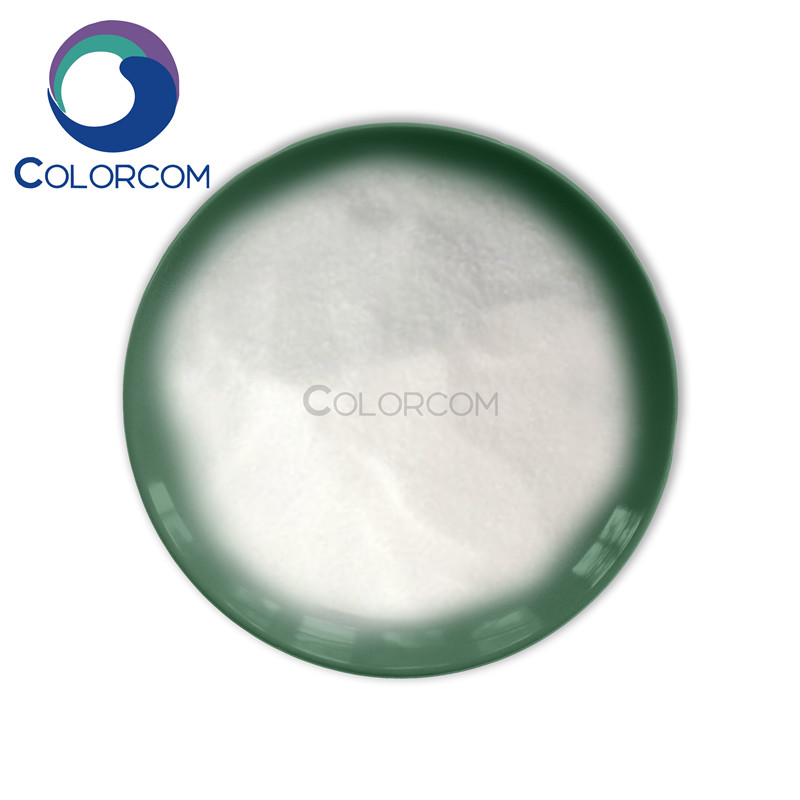It is a draft guidance
31-Jan-2018 - Last updated on 31-Jan-2018 at 16:47 GMT 2-Octanone

For millennia, cobalt gave the blue color found in Tang Dynasty ceramics and ancient Egyptian stained glass. In more recent human history, the mineral is a crucial component of the batteries powering an arguably indispensable daily gadget—the smartphone.
But when it comes to its dietary form, “The human health-supporting properties of dietary cobalt are underappreciated,” argued the paper’s authors, Dr Michael Glade, a Hawaii-based clinical nutritionist, and Dr Michael Meguid, professor emeritus of surgery, neuroscience and nutrition at the Upstate Medical University in Syracuse, NY.
Their paper, available online, is due for publication in next month’s edition of the peer-reviewed journal Nutrition, where Dr Meguid is an editor emeritus.
“In the eyes of regulatory agencies, dietary requirements for cobalt are considered to be determined by dietary requirements for vitamin B12,” they wrote.
“[This reflects] a complete reliance on determinations of vitamin B12 status to determine cobalt status, to the exclusion of the possibility that cobalt may play important biological roles independent of and in addition to its sequestration within vitamin B12 molecules.”
Cobalt stimulates antioxidant defenses and anti-inflammation properties… when consumed in small amounts
Fish, nuts, and green leafy vegetables are sources where non-vitamin B12 associated cobalt can be found in abundance, the researchers explained in their paper.
Citing studies that go back to the 1960s, Glade and Meguid highlighted the mineral’s potential mechanisms in stimulating antioxidant defenses in humans and suppressing inflammation.
Though cobalt and cobalt compounds are classified as ‘possibly carcinogenic’ by the International Agency for Research on Cancer of the World Health Organization (WHO), Glade and Meguid argued that the decision was “based on extreme intakes in animal experiments,” and that there was “no evidence of human carcinogenicity of cobalt and cobalt compounds.”
A number of investigations and expert panels have been conducted to confirm the safety of cobalt dietary supplementation in humans. One such investigation, published in 2004 by the US Agency for Toxic Substances and Disease Registry, concluded that the long-term minimal risk level for oral cobalt in adults is 10 micrograms per kilogram of body weight daily.
“When cobalt ions are consumed in amounts greater than provided as vitamin B12, systemic antioxidant and anti-inflammatory processes are stimulated,” they added. “Although Co+2 ions act through the stimulation of HO-1 degradation of heme into biliverdin and CO, the endogenous enzymatic production of CO from heme is safe.”
Source: Nutrition Published online ahead of print, https://doi.org/10.1016/j.nut.2017.08.009 A glance at…antioxidant and antiinflammatory properties of dietary cobalt Authors: M.J. Glade, and M.M. Meguid
Copyright - Unless otherwise stated all contents of this web site are © 2024 - William Reed Ltd - All Rights Reserved - Full details for the use of materials on this site can be found in the Terms & Conditions
Related topics Research Minerals Inflammation
Content provided by PLT Health Solutions | 28-Sep-2023 | Infographic
When we consider joint health products, most of us think of reducing discomfort and enhancing flexibility in senior citizens. Which isn’t a bad thought...
Content provided by Kyowa Hakko | 01-Jun-2023 | White Paper
Kyowa Hakko dives into the results of its recent survey of U.S. supplement shoppers to explore attitudes around immune support.
Content provided by Sabinsa Corporation | 05-May-2023 | White Paper
One of the most clinically studied black pepper fruit extracts.
Content provided by Chemical Resources (CHERESO) | 03-May-2023 | White Paper

Sodium Laurate Testosterone deficiency is increasingly recognized as a significant health problem in men.